
While Android is based on a Linux kernel, it has been heavily modified. So, that does not make it a full-fledged Linux-based operating system.
Google is trying to get the Android kernel close to the mainline Linux kernel, but that is still a distant dream.
So, in that case, what are some of the options if you are looking for a Linux phone? A smartphone powered by a Linux operating system.
It is not an easy decision to make because the options are super limited. Hence, I try to highlight some of the best Linux phones and a few different options from the mainstream choices.
1. PinePhone
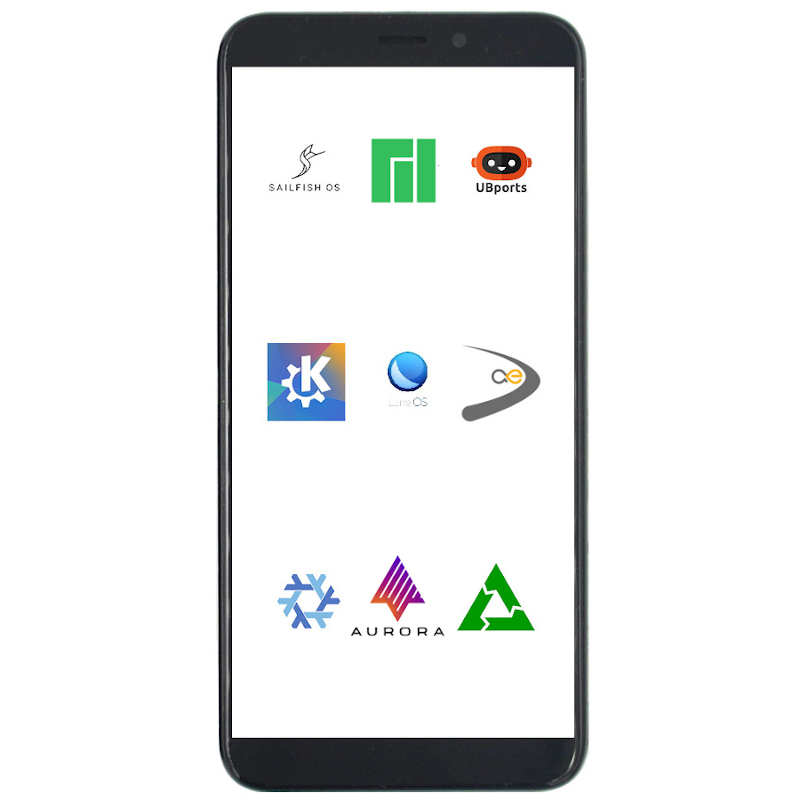
PinePhone is one of the most affordable and popular choices to consider as a promising Linux phone.
It is not limited to a single operating system. You can try it with Manjaro with Plasma mobile OS, UBports, Sailfish OS, and others. PinePhone packs in some decent specifications that include a Quad-core processor and 2/3 Gigs of RAM. It does support a bootable microSD card to help you with installation, along with 16/32 GB eMMC storage options.
The display is a basic 1440×720p IPS screen. You also get special privacy protection tweaks like kill switches for Bluetooth, microphones, and cameras.
PinePhone also gives you an option to add custom hardware extensions using the six pogo pins available.
The base edition (2 GB RAM and 16 GB storage) comes loaded with Manjaro by default and costs $149. And, the convergence edition (3 GB RAM / 32 GB storage) costs $199.
2. Murena
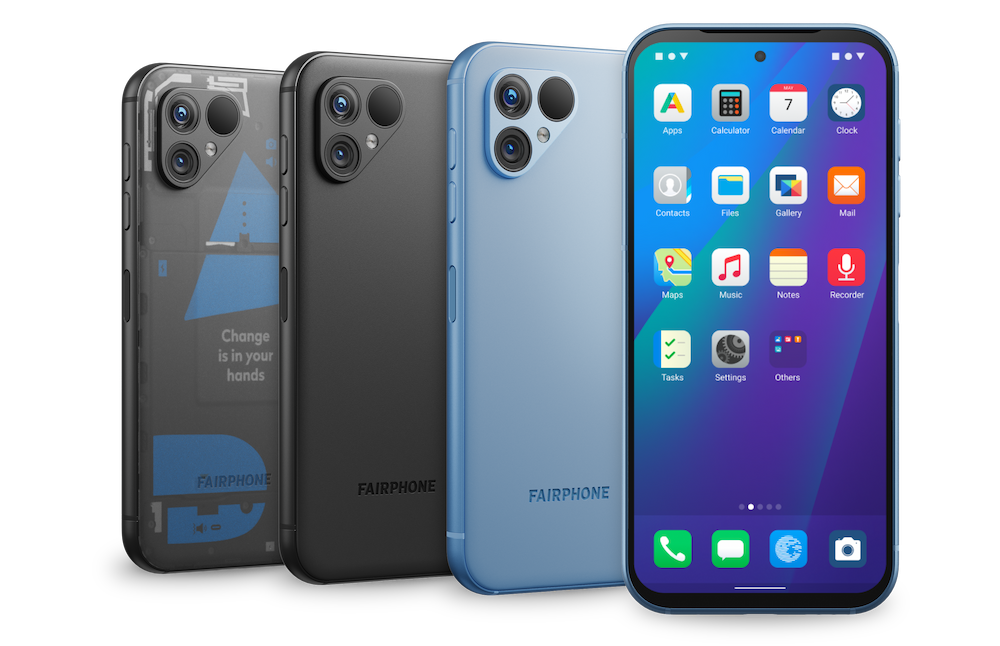
This one is not really a Linux smartphone but it features a special customized version of Android.
What's so special about it? It's de-Googled Android. There are no traces of Google apps and services here by default.
The operating system is /e/ OS and their Murena project offers Fairphone and some other refurbished smartphones preloaded with /e/OS.
It's a complete ecosystem as you get private email services and cloud storage.
The Fairphone offers some decent specs, considering there are two different variants. You will find a 48 MP camera sensor for Fairphone 3+ and a full-HD display. Not to forget, you will also find decent Qualcomm processors powering the device.
They focus on making smartphones that are sustainable and have been built using some amount of recycled plastic. Fairphone is also meant to be easily repairable.
So, it is not just an option away from mainstream smartphones, but you will also be helping with protecting the environment if you opt for it.

3. Librem 5
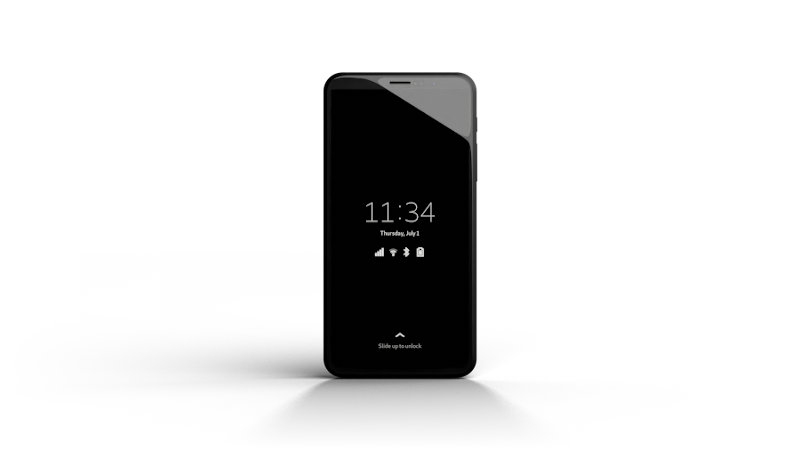
Librem 5 is a smartphone that focuses heavily on user privacy while featuring an open-source operating system, i.e., PureOS, not based on Android.
The specifications offered are decent, with 3 Gigs of RAM and a quad-core Cortex A53 chipset. But, this is not something geared to compete with mainstream options. Hence, you may not find it as a value for money offering.
It is aimed at enthusiasts who are interested in testing privacy-respecting smartphones in the process.
Similar to others, Librem 5 also focuses on making the phone easily repairable by offering user-replaceable batteries.
For privacy, you will notice kill switches for Bluetooth, Cameras, and microphones. They also promise security updates for years to come.
4. Pro 1X
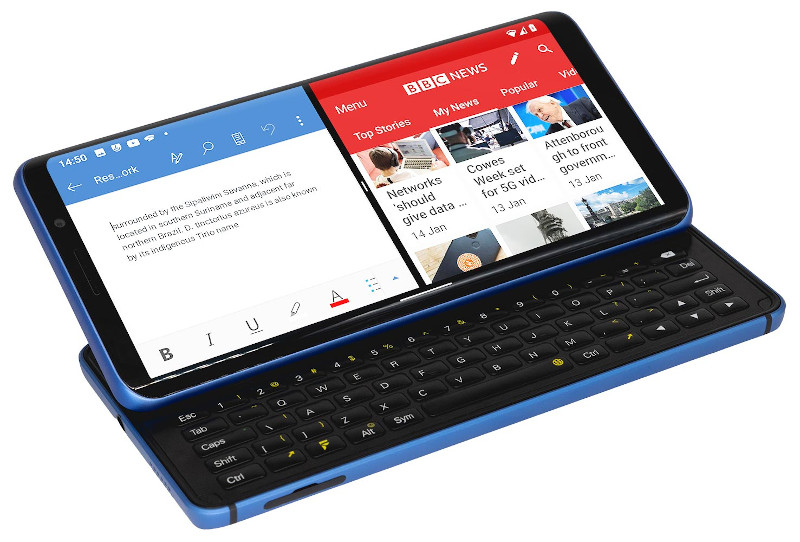
An interesting smartphone that supports Ubuntu Touch, Lineage OS, and Android as well.
It is not just a Linux smartphone but a mobile phone with a separate QWERTY keypad, which is rare to find these days.
The Pro 1 X features a decent specification, including a Snapdragon 662 processor coupled with 6 GB of RAM. You also get a respectable AMOLED Full HD display with the Pro 1 X.
The camera does not pack in anything crazy, but should be good enough for the most part.
5. Volla Phone
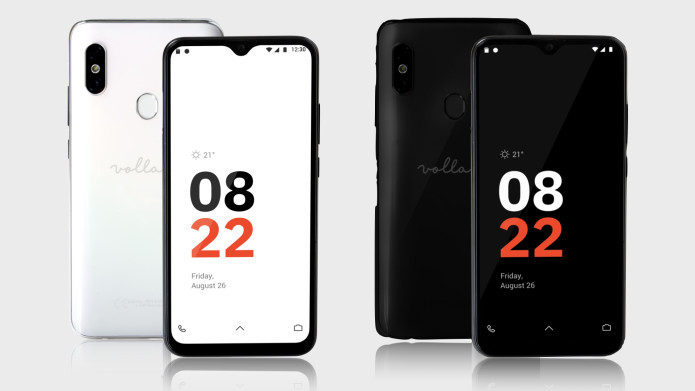
An attractive offering that runs on Ubuntu Touch by UBports.
It comes with a pre-built VPN and focuses on making the user experience easy. The operating system has been customized so that everything essential should be accessible quickly without organizing anything yourself.
It packs in some impressive specifications that include an Octa-core MediaTek processor along with a 4700 mAh battery. You get a notch design resembling some of the latest smartphones available.
Wrapping Up
Linux smartphones are not readily available and certainly not yet suitable for the masses.
So, if you are an enthusiast or want to support the development of such phones, you can consider getting one of the devices.
Do you already own one of these smartphones? Please don’t hesitate to share your experiences in the comments below.
It's FOSS turns 13! 13 years of helping people use Linux ❤️
And we need your help to go on for 13 more years. Support us with a Plus membership and enjoy an ad-free reading experience and get a Linux eBook for free.
To celebrate 13 years of It's FOSS, we have a lifetime membership option with reduced pricing of just $76. This is valid until 25th June only.
If you ever wanted to appreciate our work with Plus membership but didn't like the recurring subscription, this is your chance 😃


